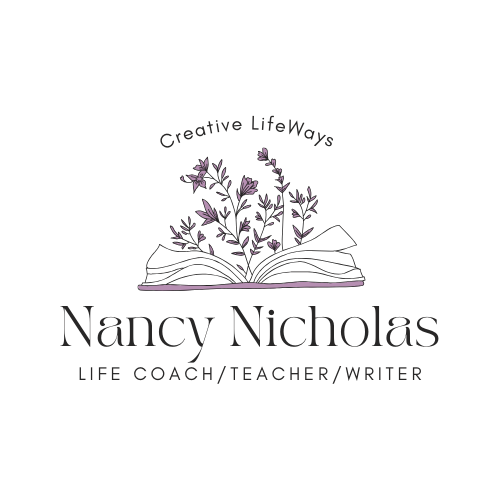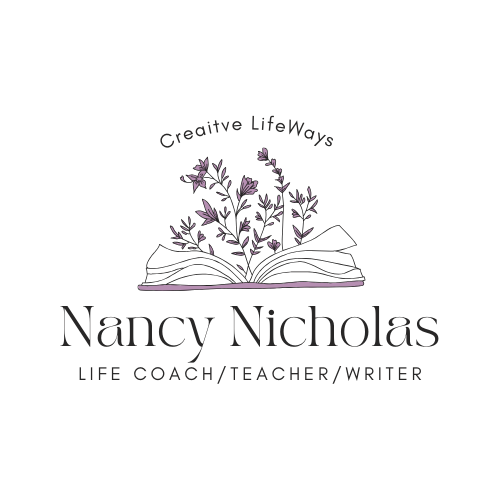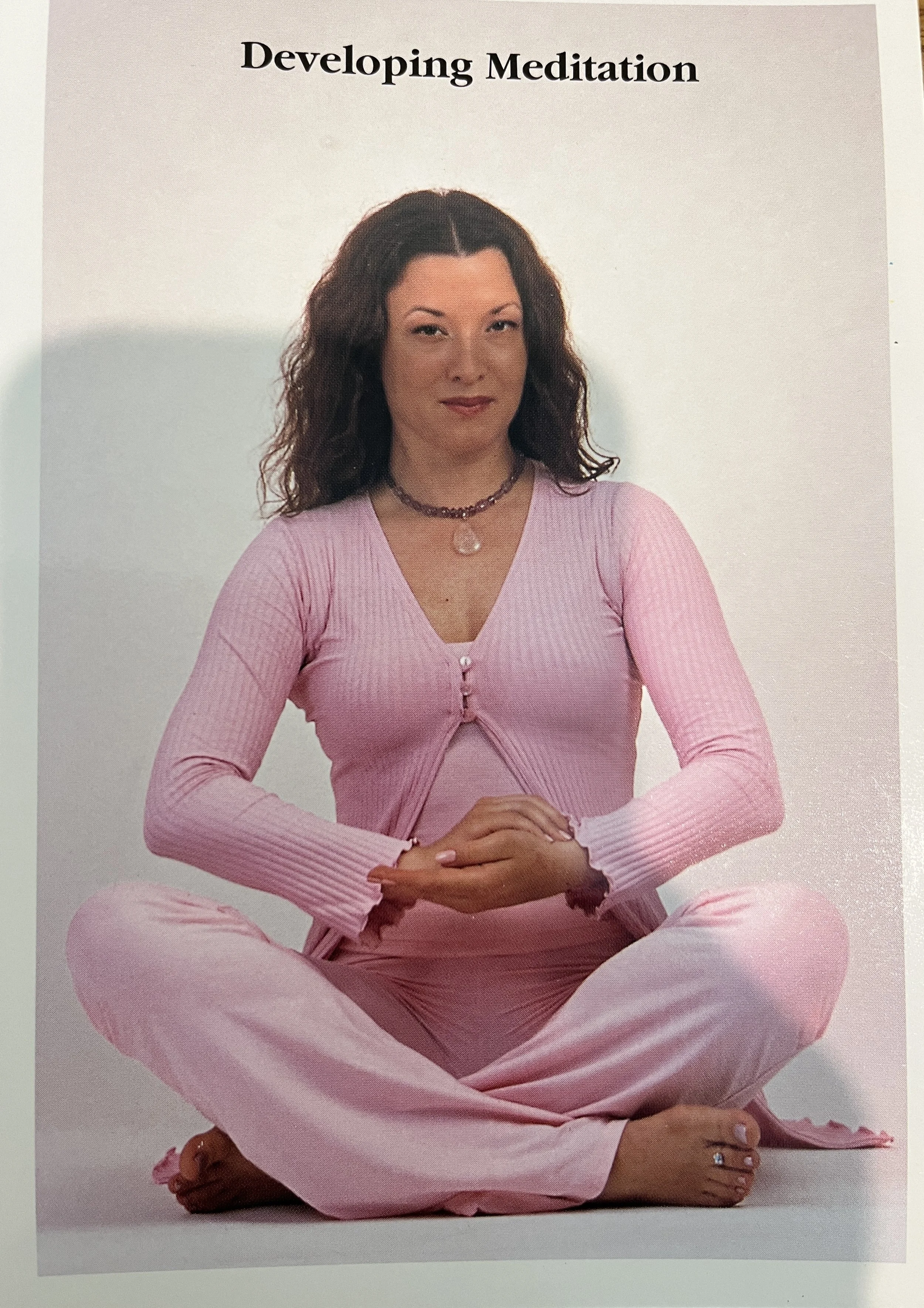Teacher Evals and the Art of a Good Question
When I was teaching elementary school, I used to dread my teacher evaluations. As a self-conscious person, having my boss watching me teach left me in a cold sweat. It got a little better over the years, i.e. I didn’t burst into tears during the review when a slight suggestion of ways to improve was mentioned, but I can’t say I ever came to like the experience.
I remember one of the criticisms I received was that I forgot the closure at the end of my lesson. In education-speak, that meant I didn’t sum up the lesson at the end. In hindsight, I can see the metaphor to what was happening in my life on a lot of levels. Ending things wasn’t my forte at that time.
Before the next evaluation, a fellow teacher offered a technique to help with my closure troubles. It had a fancy name that I have since forgotten, but essentially it advised that you begin the lesson with a question that you want the children to be able to answer by the end.
For example, when I was teaching lattice multiplication (something most of you have probably never heard of and I’m doubtful anyone in the real world will ever use), the question would be, “How do you do lattice multiplication to solve a problem?” The closure then would naturally come forth because we’d need to answer the question at the end to be sure the kids got the concept. It actually worked really well!
I share this because it came up in a coaching session recently. You see, turns out this method is also super helpful with personal development. I’ve always known that it is important to get a clear intention before beginning a session because it helps the client to focus on where they want to go (just like if you are in the woods - you need a destination to plot your course to get there). Sometimes getting a clear intention is tough though – thus the reason for the question technique.
Here’s how you could use this approach.
Let’s say that you are struggling with a work relationship. You could begin with the question, “How can I improve my relationship with (insert name of colleague), so that I can enjoy my work life more?”
Or you might ask, “What is the next step to resolve the conflict with (insert colleague name)?”
Or “What do I need to know about how I relate to others to improve this relationship?”
You get the idea.
Once you have a good question, you can meditate to get insights, talk through it with a friend (or coach), or bring in books or other resources to help. You may have to keep asking questions to get to the heart of your inquiry by fine tuning what you need to learn, but eventually, you’ll get to what you need to shift the situation.
Pretty cool huh?
And don’t forget the closure! Be sure to sum up what you learned at the end to cement what you’ve learned. That way you’ll do a better job implementing your next step.
Give it a try this week and let me know how it goes!
From Sabrina’s Mudra Cards: Yoga for the Hands - Sabrina Mesko


